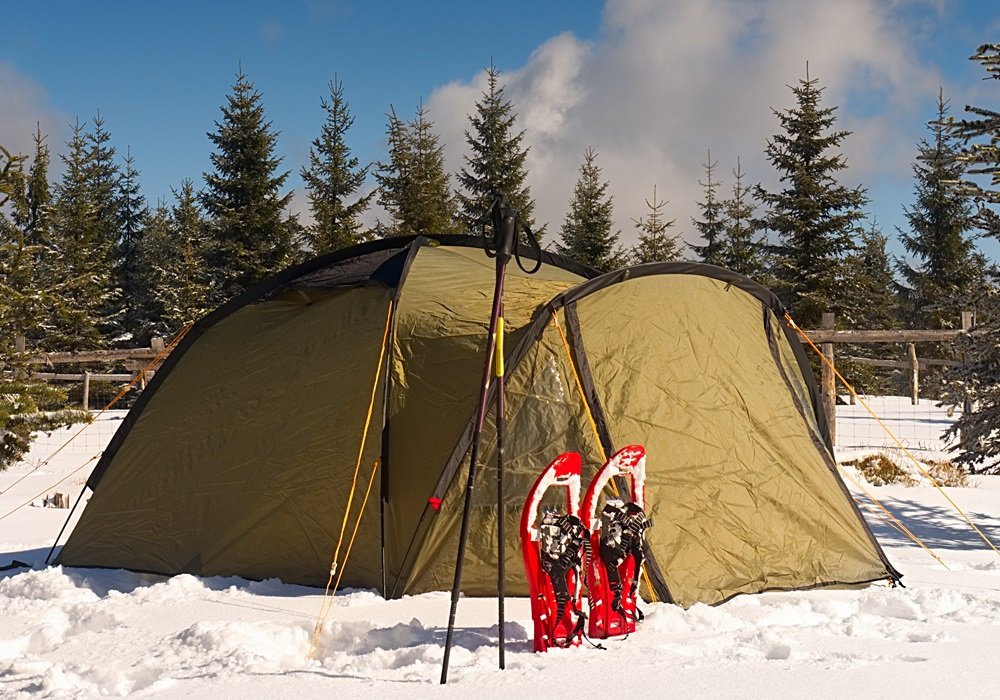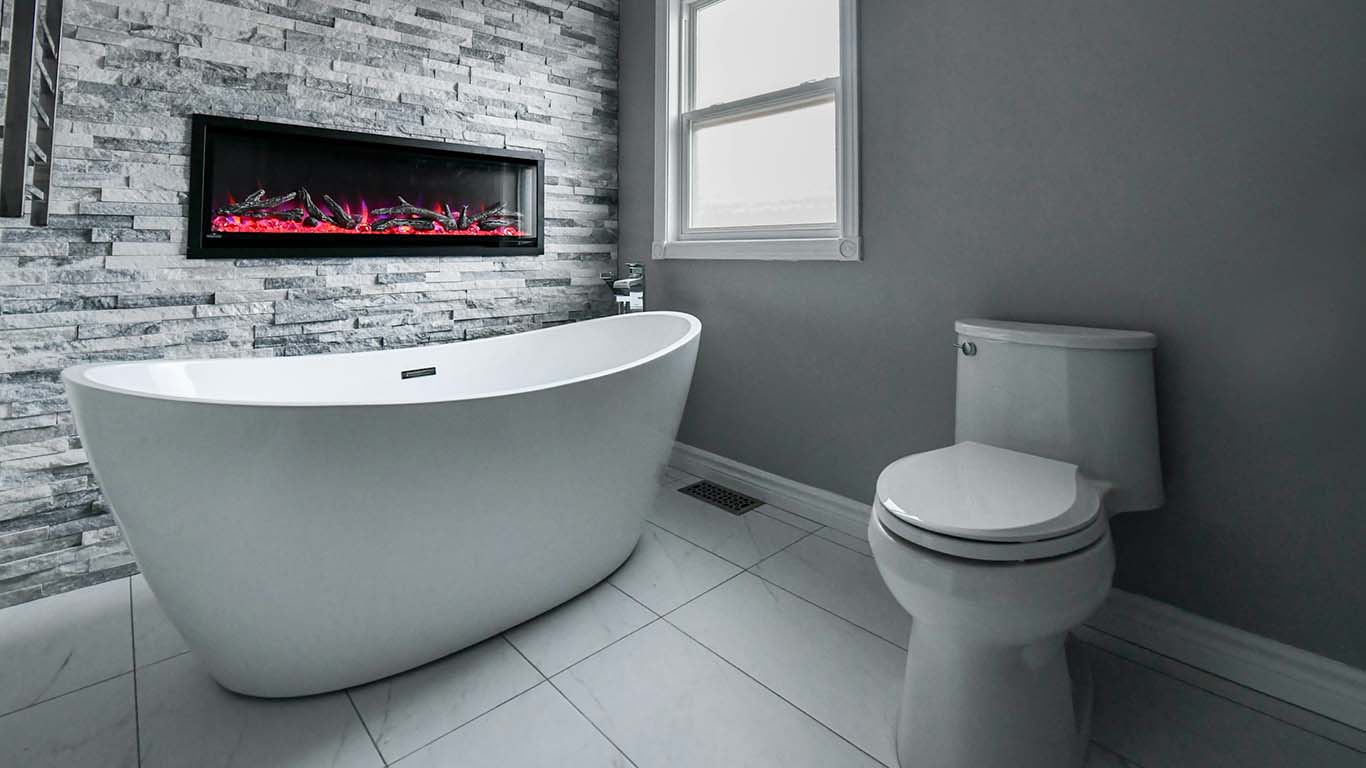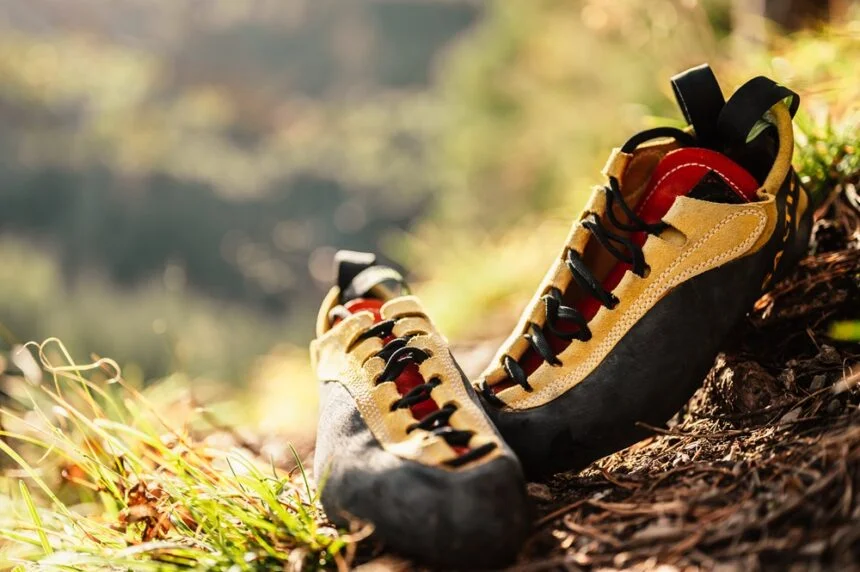A four-season tent for sale can transform your camping experience, letting you explore the outdoors in any weather.
Unlike regular tents, these are built to handle snow, wind, and rain. If you’re tired of canceling trips due to bad weather, it’s time to consider upgrading.
This article explains when a four-season tent is worth it and how it keeps you safe and comfortable.
What Is a Four-Season Tent?
A four-season tent is designed for camping in all seasons, including harsh winter conditions.
Unlike three-season tents, which work well in spring, summer, and fall, four-season tents are tougher.
They use stronger materials, better insulation, and sturdy frames to withstand heavy snow, high winds, and freezing temperatures.
For example, these tents often have thicker poles and double-wall designs to keep warmth in and weather out.
According to a 2023 study by Outdoor Gear Lab, four-season tents can handle winds up to 50 mph, while three-season tents often fail above 30 mph.
When Should You Upgrade?
You might wonder if you really need a four-season tent. Here are key signs it’s time to make the switch.
You Camp in Extreme Weather
If you camp in places with heavy snow, strong winds, or freezing rain, a four-season tent is a must.
These tents are built to handle tough conditions, like blizzards or storms, that would destroy a regular tent.
For instance, if you’re planning a winter trip to the Rockies, a four-season tent keeps you safe when temperatures drop below zero.
You Want to Camp Year-Round
Do you love camping but hate being limited to warm months? A four-season tent lets you camp in any season.
Whether it’s a snowy January or a windy March, you’ll stay comfortable. Data from the National Park Service shows that 15% of campers now explore parks in winter, a number that’s growing as gear improves.
You’re an Avid Backcountry Adventurer
If you hike or climb in remote areas, weather can change fast. A four-season tent offers peace of mind.
Its sturdy design protects you from sudden storms or unexpected snow. For example, mountaineers in Alaska rely on these tents for safety during unpredictable weather.
Key Features to Look For
When shopping for a four-season tent, focus on features that match your needs. Here’s what matters most.
Durability and Weather Resistance
Four-season tents use ripstop nylon or polyester with waterproof coatings. Look for a tent with a high hydrostatic head rating (at least 2,000 mm) to ensure it blocks rain and snow. Strong aluminum poles are also key for stability in high winds.
Ventilation and Comfort
Good ventilation prevents condensation, which can make you cold and wet. Four-season tents often have adjustable vents to balance airflow and warmth.
A 2024 review by REI noted that top four-season tents reduce internal moisture by up to 40% compared to older models.
Weight and Portability
Four-season tents are heavier than three-season ones, often weighing 5–10 pounds.
If you backpack, choose a lighter model (around 5–6 pounds) for easier carrying. For car camping, weight matters less, so you can prioritize space and comfort.
| Feature | Why It Matters | Example |
| Waterproof Rating | Keeps you dry in rain and snow | 2,000 mm or higher |
| Pole Strength | Resists bending in high winds | Aluminum poles |
| Ventilation | Reduces condensation for comfort | Adjustable vents |
Benefits of Upgrading
Switching to a four-season tent opens up new possibilities. You can camp in places and seasons you never thought possible.
Imagine waking up to a snowy mountain view or enjoying a quiet winter forest.
These tents also last longer due to their tough materials, saving you money over time.
Another perk is safety. A four-season tent protects you from extreme weather, reducing the risk of hypothermia or gear failure.
Plus, many models are roomy enough for gear storage, keeping your backpack dry.
Tips for Choosing the Right Tent
Picking a four-season tent can feel overwhelming, but these tips make it easier.
First, think about your camping style. If you mostly car camp, a larger tent with extra space works well.
For backpacking, prioritize a lightweight model. Test the tent’s setup at home to ensure it’s easy to pitch in bad weather.
Next, check the tent’s capacity. A two-person four-season tent is great for solo campers who want extra room.
Finally, read reviews from other campers to find a reliable model. Websites like OutdoorGearLab.com offer detailed comparisons.

Is It Time to Upgrade?
If you’re ready to camp in any season, a four-season tent is your next step. It’s perfect for adventurers who want to explore without weather holding them back. Whether you’re hiking snowy trails or camping in windy deserts, a four-season tent for sale keeps you safe and cozy.
Check trusted outdoor gear sites to find one that fits your needs and start planning your next adventure today!
Common Questions About Four-Season Tents
Here are answers to questions campers often ask.
Can You Use a Four-Season Tent in Summer?
Answer: Yes, you can! These tents work in warm weather if you open the vents. However, they’re heavier and less breathable than three-season tents, so summer-only campers might not need one.
Are Four-Season Tents Worth the Cost?
Answer: If you camp in harsh conditions, absolutely. They’re an investment in safety and comfort. Prices range from $200 to $800, but a good tent lasts years.
What’s the difference between a four-season and a three-season tent?
Answer: A four-season tent is built to handle winter weather, including snow, wind, and freezing temperatures. It has stronger poles, more durable fabric, and better insulation.
In contrast, three-season tents are designed for spring, summer, and fall, and may collapse or leak under heavy snow or strong winds.
Do I need a four-season tent if I don’t camp in the winter?
Answer: Not necessarily. If you only camp in mild weather, a three-season tent is fine. But if you ever camp in cold, windy, or stormy conditions, even in spring or fall, a four-season tent provides added protection and peace of mind.
How heavy is a typical four-season tent?
Answer: Most weigh 5–10 pounds. Lightweight models (around 5–6 pounds) are ideal for backpacking, while heavier options are fine for car camping where weight isn’t a concern.
What features should I prioritize when buying a four-season tent?
Answer:
- High waterproof rating (at least 2,000 mm)
- Strong aluminum poles to resist wind
- Good ventilation to reduce condensation
- Size that fits your group and gear
- Weight, especially if you’re hiking or backpacking
Can I use a four-season tent for mountaineering?
Answer: Yes, especially if you’re heading to high altitudes or areas with rapidly changing weather. Four-season tents are trusted by mountaineers and backcountry explorers for their ability to handle snowstorms, high winds, and subzero temperatures.
Are four-season tents harder to set up?
Answer: Some models can be more complex due to their stronger pole structures and extra reinforcements.
However, most quality tents are designed to be intuitive once you’ve practiced a few times. Try setting it up at home first.








